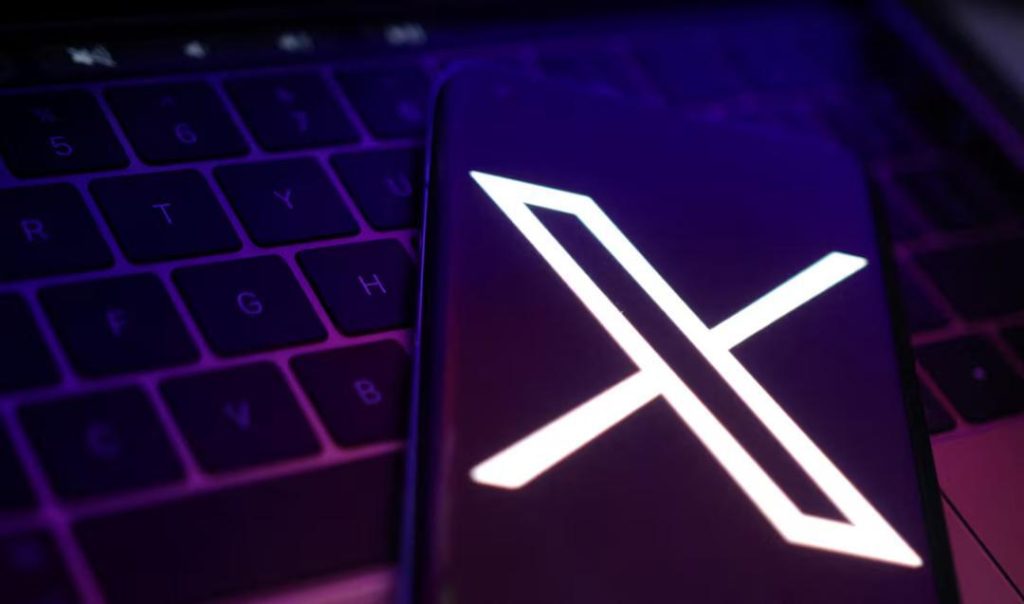
Govt Responds After X Claims It Ordered Blocking of 2,355 Accounts
In a recent development, X, a popular online news platform, claimed that the Indian government had ordered the blocking of 2,355 of its accounts. However, in a surprising turn of events, the government has denied issuing any fresh order for blocking the accounts. Instead, it was revealed that the government had written to X to unblock two specific URLs, which were later reversed.
The controversy began when X took to its official Twitter handle to announce that the Indian government had ordered the blocking of 2,355 of its accounts. The move was seen as a major blow to the platform’s operations in the country. However, X later claimed that the government had reversed its decision on two of the blocked accounts, leaving the remaining 2,353 accounts still inaccessible.
But the government has now come out to clarify the situation, stating that no fresh order was issued for blocking X’s accounts. According to a government spokesperson, the moment Reuters and Reuters World were blocked, the government wrote to X to unblock them. The statement further added that after several follow-up communications, X finally unblocked the URLs, albeit after taking more than 21 hours to do so.
The government’s response has raised several questions about the blocking of X’s accounts in the first place. If the government did not issue any fresh order, then what led to the blocking of the accounts? Was it a technical glitch or a mistake on the part of the government’s agencies responsible for blocking websites?
The controversy has also sparked concerns about the government’s increasing clampdown on online content in the country. In recent years, there have been several instances of websites and social media platforms being blocked or restricted in India over alleged violations of the country’s laws and regulations.
X’s claim that the government had ordered the blocking of 2,355 accounts has also raised questions about the government’s accountability and transparency in such matters. If the government did not issue any fresh order, then who is responsible for the blocking of the accounts? Was it a mistake on the part of the government’s agencies or was it a deliberate attempt to stifle online freedom of speech?
The government’s response has also been criticized for being unclear and ambiguous. The statement failed to provide any clarity on why the accounts were blocked in the first place or what specific laws or regulations were violated. The lack of transparency and accountability in such matters has raised concerns among citizens about the government’s intentions and motivations.
The controversy has also sparked a debate about the role of social media platforms in spreading misinformation and fake news. While X has denied any wrongdoing, the government has been quick to point out that the platform has been spreading misinformation and fake news on several occasions.
As the controversy continues to unfold, it remains to be seen how the government will respond to the allegations made by X. Will it provide any clarity on the blocking of the accounts or will it continue to maintain that no fresh order was issued? Only time will tell.
In conclusion, the controversy surrounding X’s blocked accounts has raised several important questions about the government’s role in regulating online content in the country. While the government has denied any wrongdoing, the lack of transparency and accountability in such matters has raised concerns among citizens about the government’s intentions and motivations. As the controversy continues to unfold, it remains to be seen how the government will respond to the allegations made by X.






